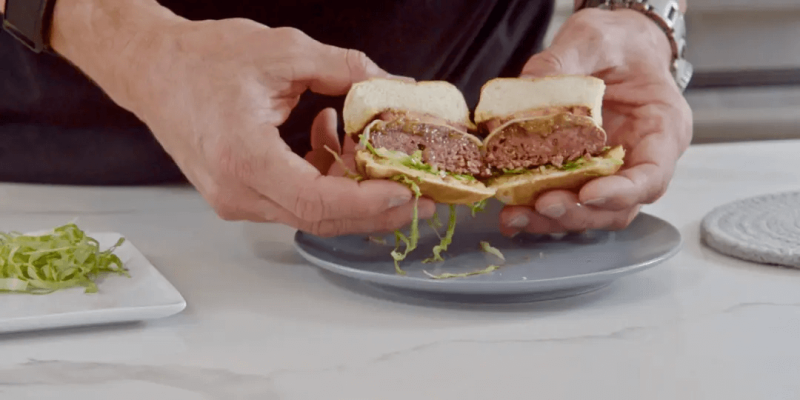Unlike virtually every other startup in the space—and according to the Good Food Institute, there are 152 cultivated meat companies as of the end of 2022, operating in 29 countries—[Joshua] March and SciFi are using CRISPR (the technology that makes gene editing as easy as using a 3D printer) to hasten its advances.
Most companies are trying to create lab-grown meat with little to no genetic engineering, which despite shifts in attitude is still frowned on. Others think that modifications like this will complicate getting regulatory approval.
While the Food and Drug Administration doesn’t consider CRISPR the same as genetic modification (GMO), the European Union does and it will require “greater scrutiny of their product from regulatory agencies,” says Paul Wood, professor of biotechnology at Monash University in Melbourne, Australia. And there are signs of progress. That said, in the U.S., Emeryville-based Upside Foods recently received a nod from the FDA stating that its “chicken” will be safe to eat.
…
March doesn’t appear to be worried about securing regulatory approval because, like all good CEOs, he’s looking at cost. “Using CRISPR, we’ll have cell lines that don’t need growth factors, just simple cell culture: sugars, fat, amino acids,” he says. SciFi says this will bring a thousandfold reduction of costs at commercial scale. Wood, who is intimately familiar with scaling cell growth in bioreactors, finds it “hard to believe that any type of genetic manipulation will give them a thousandfold [drop in] cost of production.”































